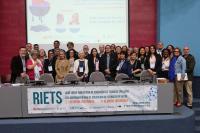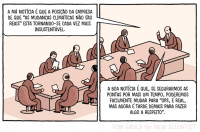International Seminar: Clinical Simulation in Health Technician Training in the Ibero-American Context: Challenges and Prospects
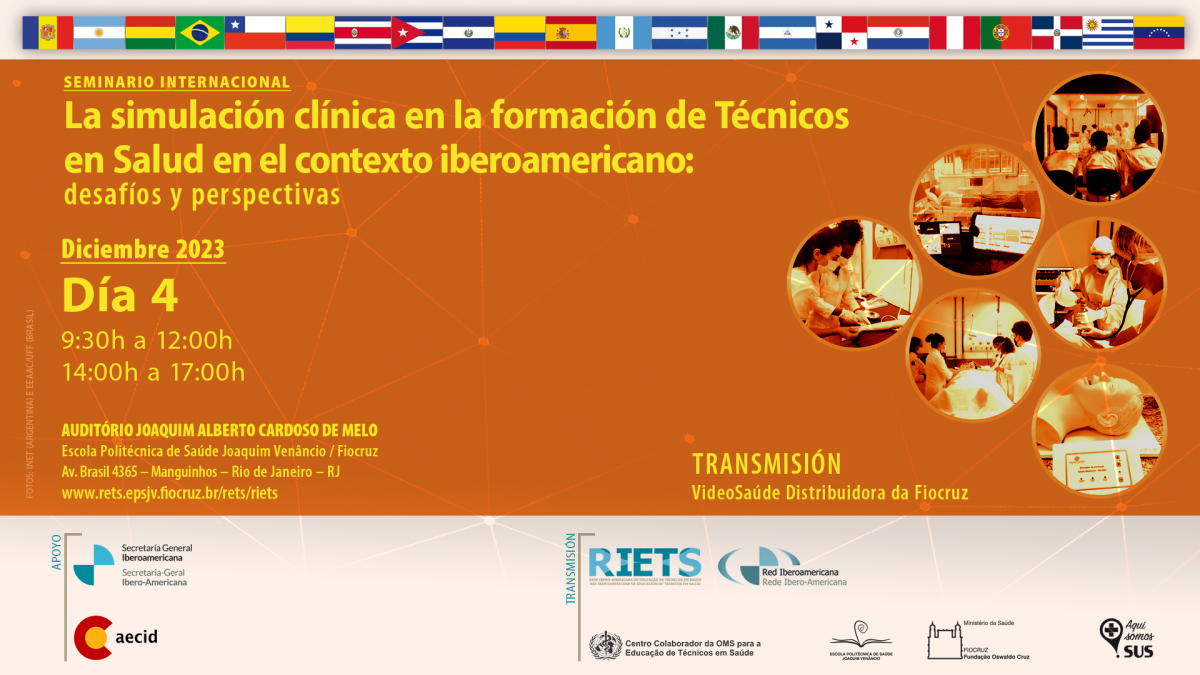
The seminar, which will be held on December 4 (morning and afternoon) at the Joaquim Venâncio Polytechnic School of Health (EPSJV/Fiocruz), will be broadcast in Portuguese and Spanish via YouTube and will bring together experts from six countries. The aim is to deepen knowledge of clinical simulation as a teaching-learning strategy and to discuss the processes of incorporating simulation into the training of health technicians.
The event is part of a project approved in the 1st Call for Network Projects registered in the Register of Ibero-American Networks of the Ibero-American General Secretariat (SEGIB) and is funded by the Spanish Agency for International Development Cooperation (AECID).
In addition to the seminar, which is open to the general public and aimed at sharing theoretical-methodological approaches and experiences of clinical simulation in health training institutions, a Workshop will also be held on December 5 for invited guests to discuss the main strategies - teaching, research, institutional articulation and cooperation - to advance the implementation of clinical simulation programs in health technician training institutions in the Ibero-American context.
Simulation and new teaching-learning processes
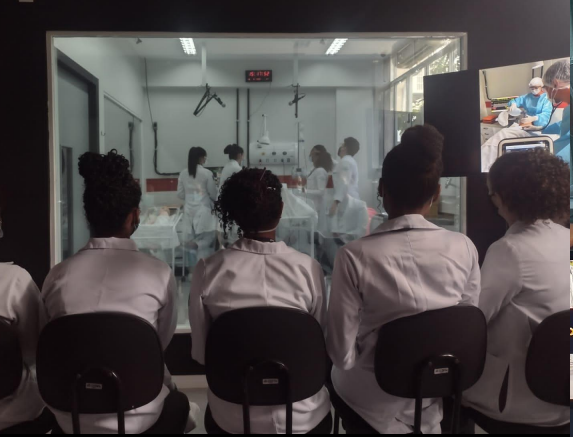 In recent decades, clinical simulation has become an integral pedagogical strategy in health sciences teaching institutions in several countries, articulating resources, opportunities and knowledge among all its integrants. The adoption of simulation as a teaching methodology provides training in basic and simple skills (cognitive, affective and psychomotor abilities mobilized in a given context to perform tasks) to more complex ones, involving organizational and behavioral aspects (teamwork, global activity or set of acts of an individual in a situation), allowing students to act in a safe and secure environment, with the possibility of repeating a task countless times and the opportunity for everyone to practice equally.
In recent decades, clinical simulation has become an integral pedagogical strategy in health sciences teaching institutions in several countries, articulating resources, opportunities and knowledge among all its integrants. The adoption of simulation as a teaching methodology provides training in basic and simple skills (cognitive, affective and psychomotor abilities mobilized in a given context to perform tasks) to more complex ones, involving organizational and behavioral aspects (teamwork, global activity or set of acts of an individual in a situation), allowing students to act in a safe and secure environment, with the possibility of repeating a task countless times and the opportunity for everyone to practice equally.
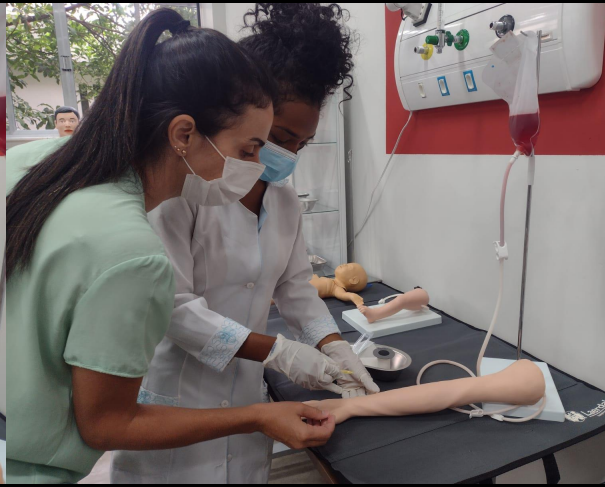
Simulated clinical experience provides greater support to clinical learning, offering different situations with varying complexities, according to the learning objectives and the student's stage of training.
The recognition of the importance of simulation-based teaching in universities and educational institutions has resulted in the offer of more courses, more meetings and congresses in the area, and the creation of associations and networks linked to the subject.
Even so, it's necessary more coordination and investment to strengthen this practice and to create simulation laboratories and centers in institutions that train health technicians.
Invited experts

Aida Camps Gómez (Spain)
Diploma in Nursing and Degree in Psychology. Head of the International Simulation and High Performance Center (CISARC), University of Manresa, Spain. President of the Spanish Society of Simulation and Patient Safety (SESSEP).

Gabriel Muntaabski (Argentina)
Specialist in Family and Community Medicine. National Coordinator of the National Clinical Simulation Network of Argentina (ReNaSic). Coordinator of the National Nursing Education Program (PRONAFE) and coordinator of the health area of the National Institute of Technological Education (INET) of the Ministry of Education of Argentina.

Soledad Armijo Rivera (Chile)
Surgeon, Master in Medical Education for Health Sciences. Director of Research, Development and Innovation of the Simulation and Innovation in Health Unit of the San Sebastian University, Chile. President of the Chilean Society of Clinical Simulation and Patient Safety (SOCHISIM).

Maria Elena Zuleta Uribe (Colombia)
Nurse, Specialist in Care of the Critically Ill Child. Candidate for a master's degree in education from the National University of La Plata, Argentina. Instructor of the National Learning Service (SENA) for 16 years, with experience in pre-hospital care and clinical simulation.

Alessandra Vaccari (Brazil)
Nurse, Master and Doctor in Child Health. Collaborating Professor of the Graduate Nursing Program of the Nursing School of the Federal University of Rio Grande do Sul. Member of the Board of Directors of the Latin American Federation of Clinical Simulation and Patient Safety (FLASIC).
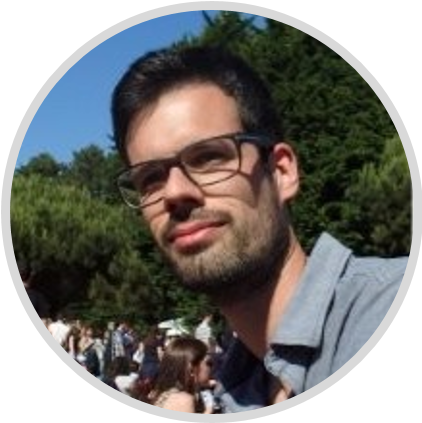
Gustavo Norte (Portugal)
Anesthesiologist. Professor of the Skills Laboratory (LAC) of the Faculty of Health Sciences of the University of Beira Interior, Portugal. President of the Portuguese Society of Simulation applied to Health Sciences (SPSim).
Seminar program
9:30 - Opening table
9:45 - Presentation "Clinical simulation as a teaching-learning strategy in health education: challenges for the incorporation of technicians in interdisciplinary and interprofessional scenarios".
- Aída Camps Gómez (Spain)
10:45 - Coffee break
11:00 - Presentation "Implementation of Clinical Simulation Laboratories and Centers: structure, equipment and processes".
- Gabriel Muntaabski (Argentina)
12:00 - Interval
14:00 - Round-table 1 "Sample of simulation experiences in health education in the Ibero-American context".
-
Soledad Armijo Rivera (Chile) - "Curricular integration of simulation in health technician training: main aspects to consider in the design of an interprofessional simulation program".
-
Maria Elena Zuleta Uribe (Colombia) - "Inclusion of simulation in health services technician training programs based on the primary care strategy".
15:30 - Coffee break
15:45 - Round-table 2 "Sample of simulation experiences in health education in the Ibero-American context".
-
Alessandra Vaccari (Brasil)
-
Gustavo Norte (Portugal)
17:00 - Closing
About the project
The general objective of the project, presented by the Ibero-American Network for the Education of Health Technicians (RIETS) and approved by Segib in July of this year, is to strengthen the capacity of the members of the Network to evaluate and design the incorporation of teaching-learning methodologies based on simulation devices. In the case of the specific objectives, they can be divided into pedagogical and strategic.
Pedagogical
- Discuss the potential of simulation as a teaching-learning strategy in the training of health technicians;
- Recognize the multiple simulation scenarios and strategies used in health, science and technology courses; and
- To learn about the applicability, incorporation and benefits of simulation in health teaching and learning.
Strategic
- To share knowledge, experiences and theoretical-methodological approaches to simulation in order to strengthen teaching, research, innovation and technological development activities in the training of health technicians;
- Analyze the stages, requirements and challenges of creating programs, laboratories and simulation centers in education;
- Encourage the establishment of technical cooperation among the Network's member institutions, especially with those that do not yet use this methodology; and
- Promote the expansion and strengthening of the network in the Ibero-American region, through liaison between current members and the incorporation of other institutions and countries to the RIETS.
General information 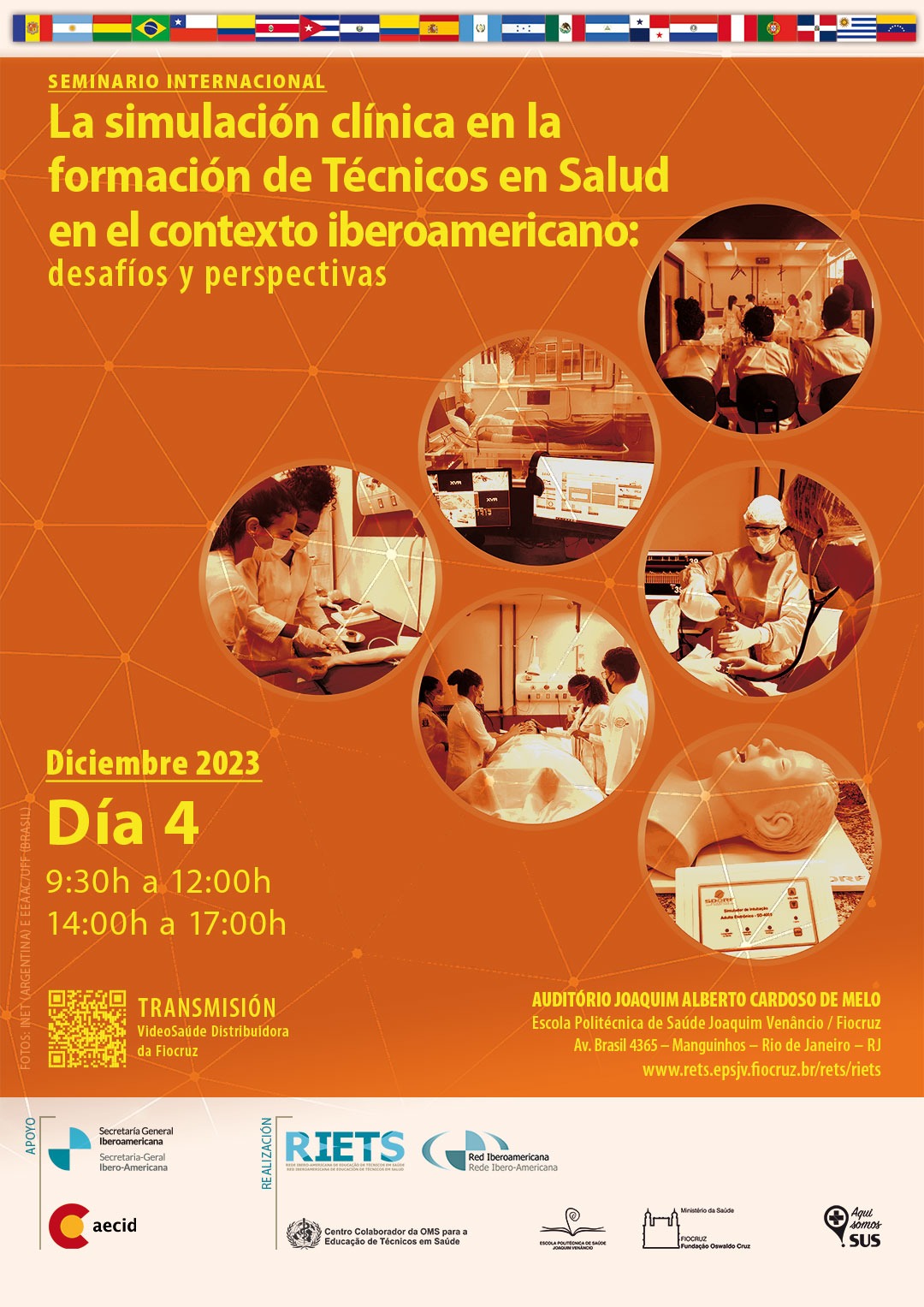
Event: International Seminar: Clinical Simulation in Health Technician Training in the Ibero-American Context: Challenges and Prospects
Date: December 4, 2023
Time: 9.30 to12.00 h. and 14.00 to 17.00 h
Place: Joaquim Alberto Cardoso de Melo Auditorium
Joaquim Venâncio Polytechnic Health School/Fiocruz
Av. Brasil, 4365 - Manguinhos - Rio de Janeiro
Transmission in portuguese: https://www.youtube.com/watch?v=gftPQunHWw0
Transmission in spanish: https://youtube.com/live/4BDkd8CoaYI?feature=share


